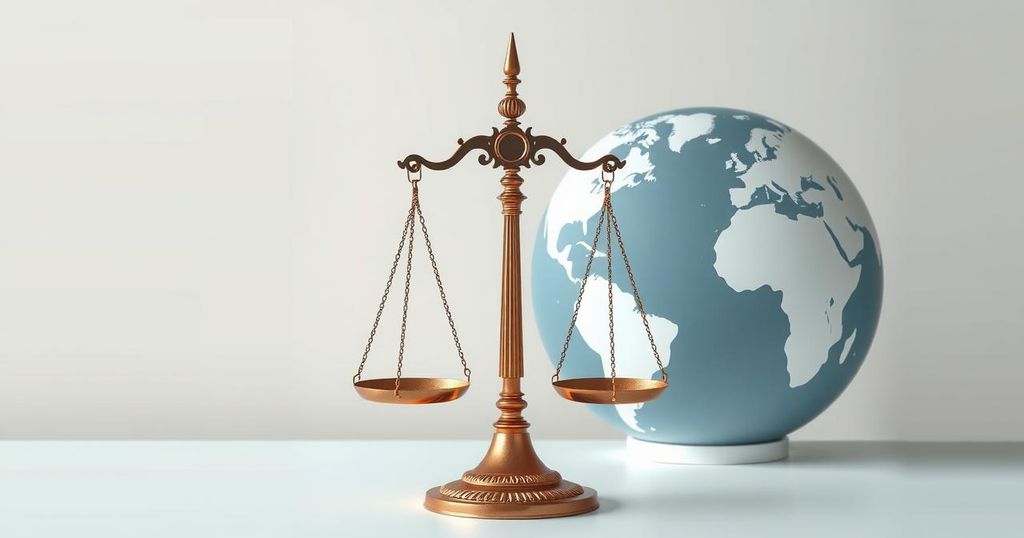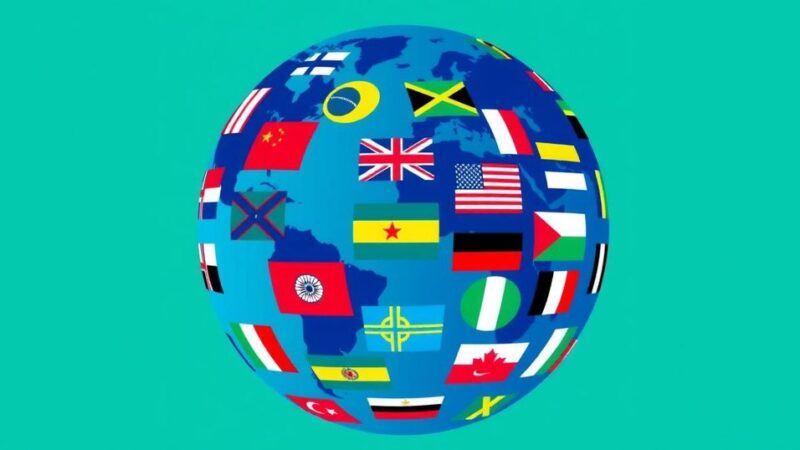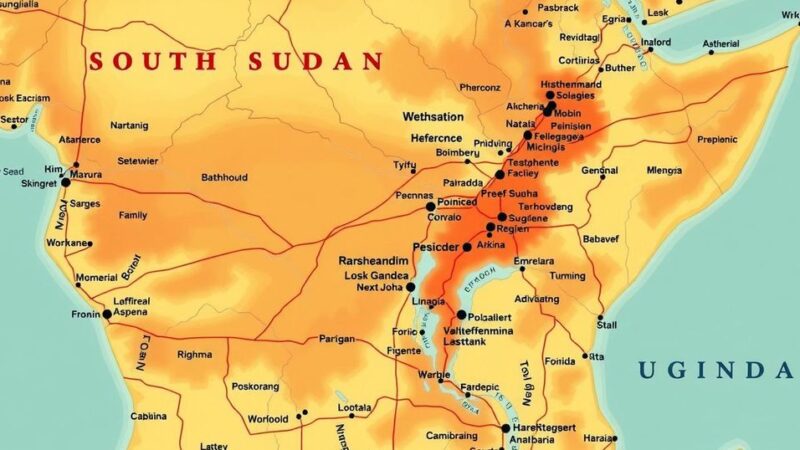The European Union has cautioned Pakistan that its duty-free export status will rely on progress in human rights and media freedom. Following a weeklong visit by the EU’s human rights representative, concerns were raised over issues such as blasphemy laws and media censorship. The recent enactment of a law limiting free speech has sparked protests from journalists, raising questions about Pakistan’s commitment to fundamental rights amid its trade benefits.
On Friday, the European Union issued a warning to Pakistan, emphasizing that the country’s duty-free export status is contingent upon progress in human rights, labor rights, and freedom of speech. This statement follows the conclusion of a weeklong visit by Olof Skoog, the EU’s special representative for human rights, to Islamabad, where discussions focused on pressing human rights issues.
Since being granted duty-free status under the EU’s Generalized Scheme of Preferences Plus (GSP+) in 2014, Pakistan’s exports to Europe have notably increased. The EU highlighted Malaysia as the largest GSP+ beneficiary, reporting a 108% rise in exports since the scheme’s launch. However, they reiterated that continued trade benefits under GSP+ are dependent on Pakistan’s efforts to tackle human rights concerns and implement necessary reforms.
During his meetings with Pakistani officials, Mr. Skoog underscored various human rights issues, including the misuse of blasphemy laws, women’s rights violations, and media independence. The EU’s statement also remarked on the significance of addressing impunity for rights violations and protecting civic space, especially as Pakistan approaches a midterm monitoring period for the GSP+ scheme.
The warning from the EU comes shortly after Pakistan’s parliament passed a controversial bill that critics claim undermines freedom of speech. Approved by President Asif Ali Zardari, the new law permits severe penalties for social media users accused of disseminating disinformation, prompting protests from journalists across the country who are determined to oppose efforts to restrict expressive freedoms.
In recent years, the media landscape in Pakistan has faced increasing censorship. The government, led by Prime Minister Shehbaz Sharif, defends the enacted law as a necessary measure to combat disinformation, despite widespread condemnation from human rights organizations and the international community regarding the suppression of fundamental rights.
The European Union’s Generalized Scheme of Preferences Plus (GSP+) is a trade program designed to promote economic development in countries by allowing them to export goods to the EU duty-free, contingent on certain human rights benchmarks. Within this context, Pakistan has benefitted significantly since 2014; however, it faces scrutiny regarding its commitment to human rights and media freedom. Recent legislative actions have raised alarms about potential government overreach in controlling public discourse, worsening concerns about civil liberties in the country.
In summary, the EU has made it clear that Pakistan’s duty-free exporter status hinges on tangible improvements in human rights and freedoms. The recent passing of a law limiting freedom of speech further complicates this relationship, as it suggests a regression in civic rights. Pakistan must navigate these challenges carefully to maintain its economic advantages under the GSP+ scheme while addressing legitimate international concerns.
Original Source: apnews.com






